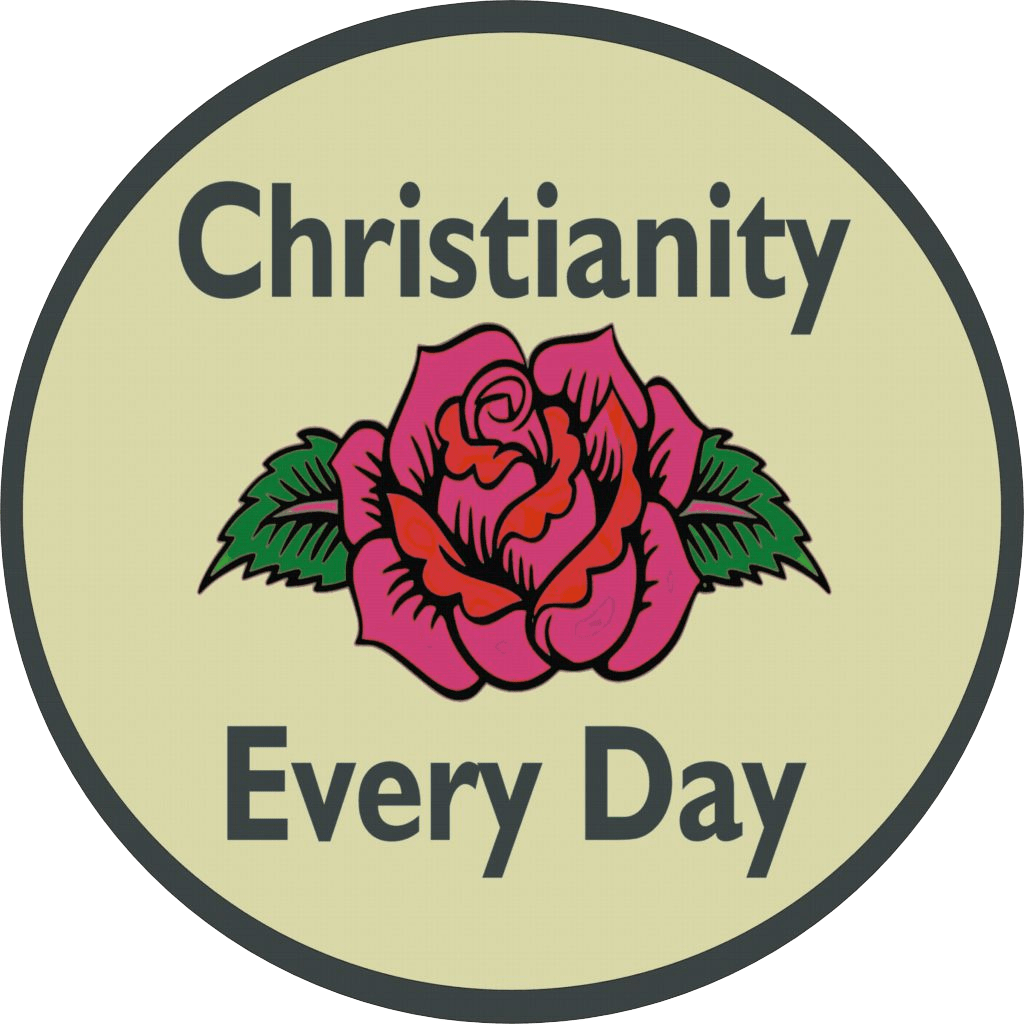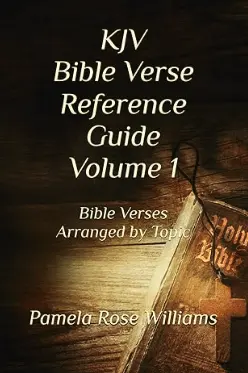Over the years I have noticed that nothing brings in more new people to a preaching series than when I have preached on the end times events. Most people who come are there because they are wondering if we are really entering the time of Jesus’ return. Some attend because they have a desire to know the future. Others come because they are just curious about what the Bible teaches about it. However, what I most often encounter is that there is a lot of confusion about what happens in the end times. Therefore, a series that covers end times Bible chronology will clear up what is going to happen during the end times.
Is there an expectation of a time period called the end times?
From the beginning of the Bible until the end there are references to events that will happen in the future. In Genesis 1:5 we find that time is measured in days. Some suggest that these were time periods of certain lengths that we do not know much about. But the Hebrew word used for the English word day is the word “yom”, which refers to a period of daylight contrasted with nighttime in a 24-hour period (Genesis 8:22) (1).
Some people will use 2 Peter 3:8 as a reason to interpret the word day as a time period that can vary. But when we read the verse in context, we find that the topic was about people who scoff at end times events despite having events in the past taking place at specific times. The reference in 2 Peter 3:8 is not about redefining a day on earth. It is about the fact that God is eternal, without beginning or end that is measured in days. To put this into perspective, God created a mechanism of time that is to be used for mankind on earth. We find this mechanism described in Genesis 1:14 when God established the lights from the heavenly bodies to measure day from night, for signs, for seasons, and for days and years.
If we consider eternity in the reality of God, there are no established boundaries or measures of time because God is not limited or measurable by time or space. But, in God’s plan for humanity, He established periods of time that are used for specific reasons. Likewise, in light of eternity, the days in which we live are but a brief “vapour of time” created by God for humanity that floats on an endless sea of His eternity (James 4:11-17). However, if God established this present period of measurable time for humanity, then it is also clear from Genesis 1:14 that there are established time periods of creation and for other Biblical events. It is also clear from Scripture that God has a plan for humanity that is on a time schedule that He has determined to be adequate to complete His plan and then time will end (Hebrews 1:1-12; 2 Peter 3:9-15; Revelation 10:5-7).
Some people refer to these time periods for creation and Biblical events as dispensations. However, careful examination of the word dispensation teaches us that dispensations are directly related to the management of activities and events, not time (1 Corinthians 9:17; Ephesians 1:10; Ephesians 3:2; Colossians 1:25) (2). These activities and events often occur at specific times. For example, there was a dispensation that God wanted humanity to sacrifice lambs for Passover, but that dispensation and the time period in which they occurred is over. We no longer sacrifice lambs for Passover because the Lamb of God that taketh away the sins of the world has been sacrificed to end that dispensation (John 1:29-36).
As these events have taken place, we know from Scripture that there are more to come. However, it is the dispensation or the events that are the focus, not the periods of time. Unfortunately, too many people try to predict when these events will occur using time as their gauge. Instead, we are told that we cannot know the times that they will occur. Instead, we should be looking at the signs that they are near (Genesis 1:14; Matthew 24:32-51; Mark 13:28-37; Luke 21:7-28). The chronology points to nothing more than the order in which they occur with few exceptions that take place after the Lord reappears.
In Part 2 of this series, I will share more details about the end times events.
Resources – Scripture quotations are from The Holy Bible, King James Version. Williams, Michael, (2013). Bible Doctrines. Albuquerque, NM: Selah Mountain Bible Institute. Chapters 15-16. (1) Vine, W. E., Merrill F. Unger, and William White. Vine’s Complete Expository Dictionary of Old and New Testament Words: With Topical Index. “Day” Pages 54-55. Nashville: T. Nelson, 1996. Print. (2)Vine, W. E., Merrill F. Unger, and William White. Vine’s Complete Expository Dictionary of Old and New Testament Words: With Topical Index. “Dispensation” Pages 174. Nashville: T. Nelson, 1996. Print.

Dr. Michael L. Williams, Head of Ministry Operations and Technology at Christianity Every Day, is a Christ-centered Author, Educator, Biblical Counselor and Advisor. He is ordained in Pastoral Ministry and formerly the founding Pastor of Selah Mountain Ministries, a church started along with his wife, Pamela Rose, after several years of pastoral experience and training in Biblical Counseling. Selah Mountain provided Biblical counseling and education to the public on how to overcome life issues Biblically on topics such as anger management, marriage, addictions, and other subjects – often referred to as mental illnesses. To learn more about Dr. Mike visit the About page.
















